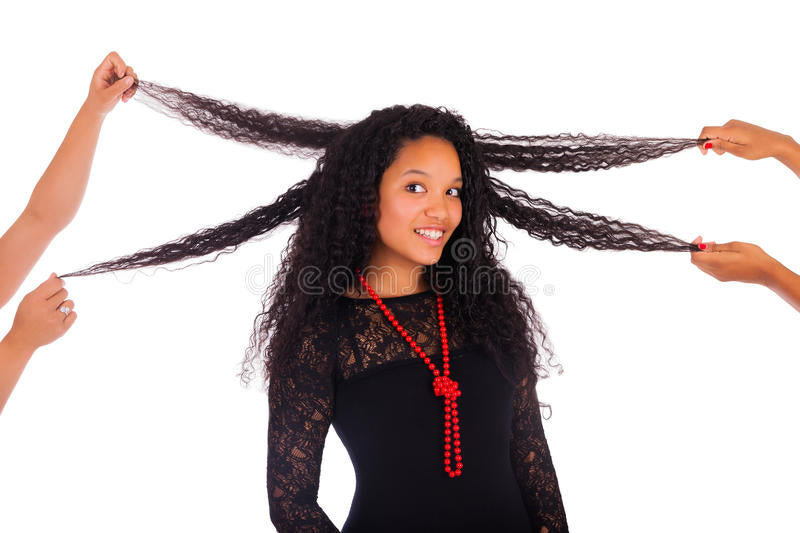Most Recent Articles
-
Introduction: As African American women age, their hair goes through a natural process of graying, which can be a beautiful and graceful change. However, as hair goes gray, it can become more fragile, prone to breakage, and dryness, especially for those...
-
Today, we're talking about a topic that is often on the minds of many African American women: why our hair seems to grow so slowly and what we can do to fix it. First, let's talk about some of the...


